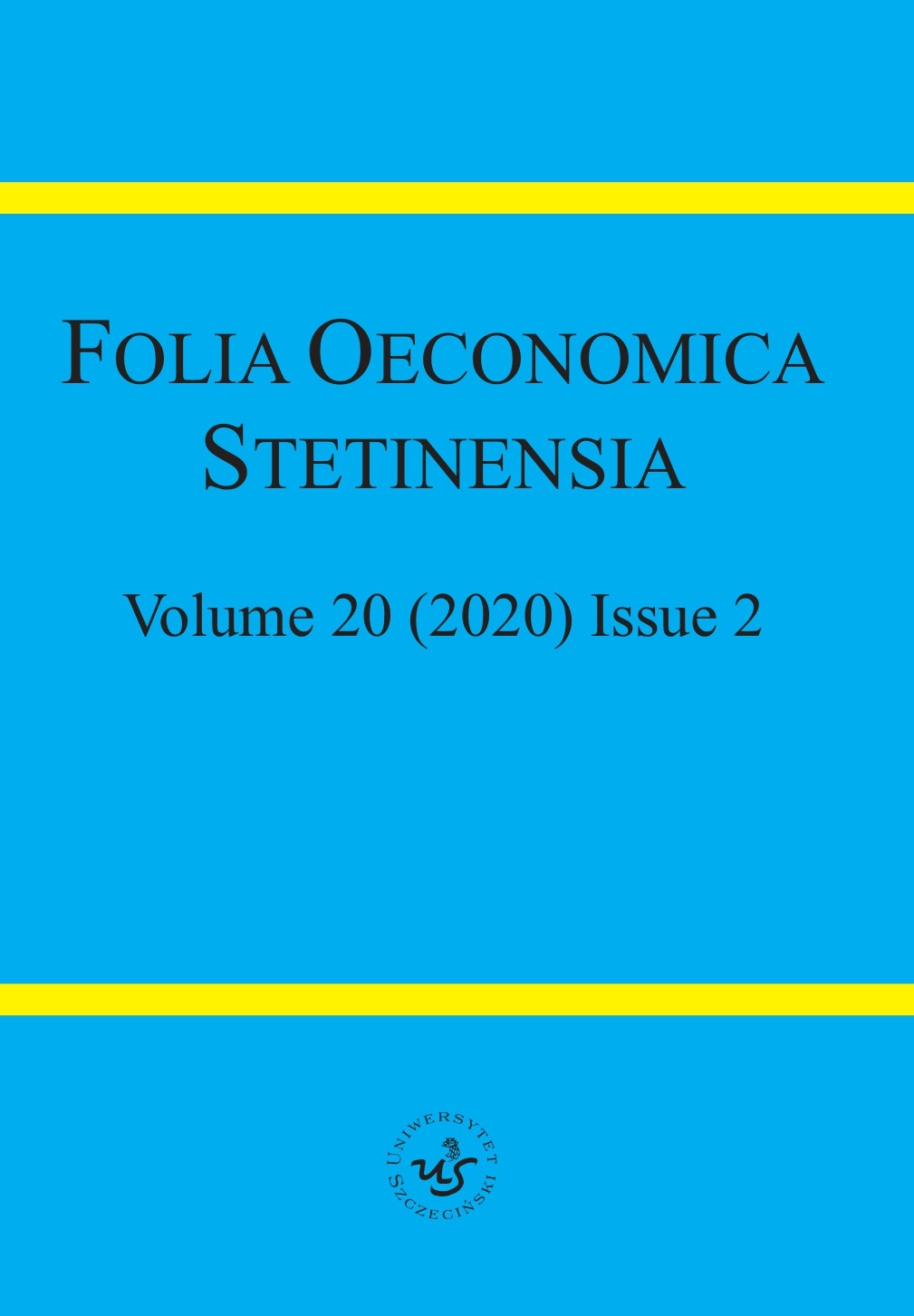Classification of District Employment Agencies in Terms of Employment and Cost-Effectiveness Using Regression Trees
Classification of District Employment Agencies in Terms of Employment and Cost-Effectiveness Using Regression Trees
Author(s): Iwona Bąk, Katarzyna Wawrzyniak, Antoni SobolewskiSubject(s): Economy, National Economy, Accounting - Business Administration, Socio-Economic Research
Published by: Wydawnictwo Naukowe Uniwersytetu Szczecińskiego
Keywords: employment efficiency; cost-effectiveness; regression trees; District Employment Agencies
Summary/Abstract: Research background: The efficiency of the functioning of District Employment Agencies is often assessed on the basis of the level of employment and cost-effectiveness indices. The values of these indices are influenced by various socio-economic factors, which were grouped into five areas in the paper: unemployment, demography, environment, entities and the human potential of District Employment Agencies (PUPs). The research was conducted in 340 District Employment Agencies in 2017. Purpose: The purpose of the study is to separate groups of District Employment Agencies with similar values of employment and cost-effectiveness indices, with the simultaneous identification of the level of factors that characterize the socio-economic situation and staff potential in each of the separated groups. Research methodology: One of the methods of a multidimensional statistical analysis – the regression trees method was used in the work. Results: The use of regression trees allowed the separation of groups of District Employment Agencies, which differed in terms of the level of employment and cost-effectiveness indices, and characterized these groups due to socio-economic factors and staffing potential. Novelty: The survey covers all District Employment Agencies in Poland and the obtained research results can be useful for labor market institutions to assess the efficiency of PUPs.
Journal: Folia Oeconomica Stetinensia
- Issue Year: 20/2020
- Issue No: 2
- Page Range: 20-35
- Page Count: 16
- Language: English

